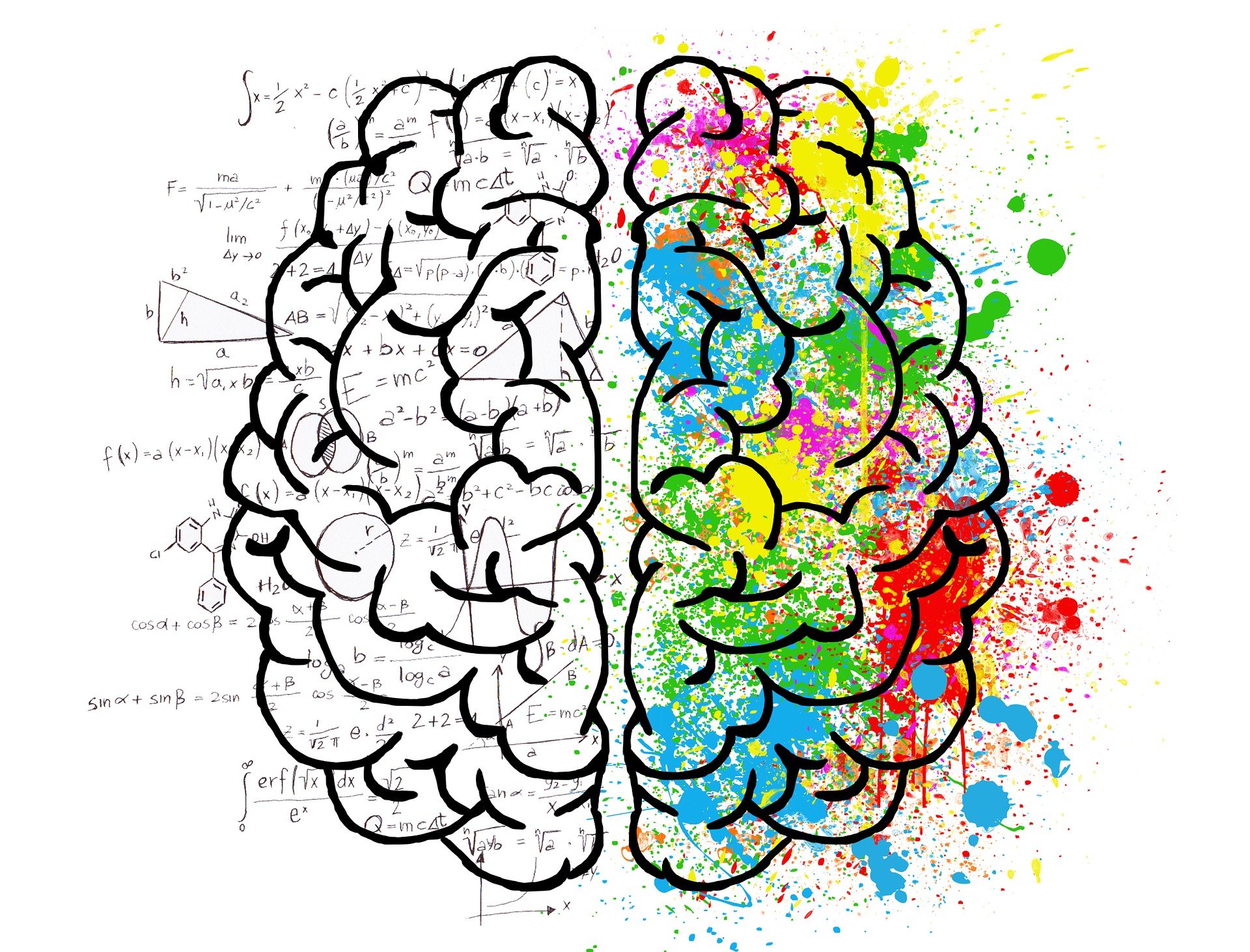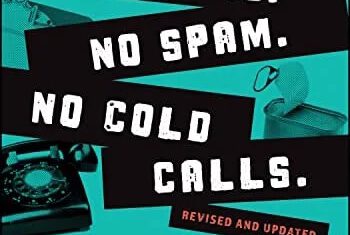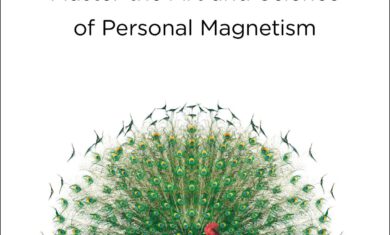I find the “Barnum Effect” to be a fascinating concept. It’s the idea that you can publish a description of someone that seems very precise and descriptive, but it is really vague enough that it applies to most everyone. Some examples might be:
- You have a great need for other people to like and admire you.
- You prefer a certain amount of change and variety and become dissatisfied when hemmed in by restrictions and limitations.
- At times you have serious doubts as to whether you have made the right decision or done the right thing.
- At times you are extroverted, sociable, while at other times you are introverted, wary, reserved.
- You have an intense desire to get people to accept and like you.
- You are an independent thinker who takes pride in doing things differently than others.
- You can be overly harsh on yourself and very critical.
Most of us can relate to most of those. This video is a great example of it in action:
Personality Tests = Barnum Effect?
It’s generally considered that daily horoscopes make heavy use of the Barnum effect. Yours might sound like you, but the others probably do as well. They’re generally vague enough that you can make any of them sound right if you want them to.
But what about personality tests like Myers-Briggs, DISC, Enneagram, or others? There is more debate on those, but I tend to find them to be specific enough to be accurate. Taking the Enneagram, for example, I can not see myself in every type. I know where I fit best (a “5”), and a few others kind of fit, but it’s clear that some are stronger for me than others.
When it comes to personality assessments or the Barnum effect, I think there is a simple test you can take to determine the validity of them — how many of the answers can you see yourself in?
If you can tilt your head and make every answer fit you, it’s more Barnum. If there are some that just don’t work for you no matter what, it’s likely a more legitimate way to measure your type of personality.
What do you think?




